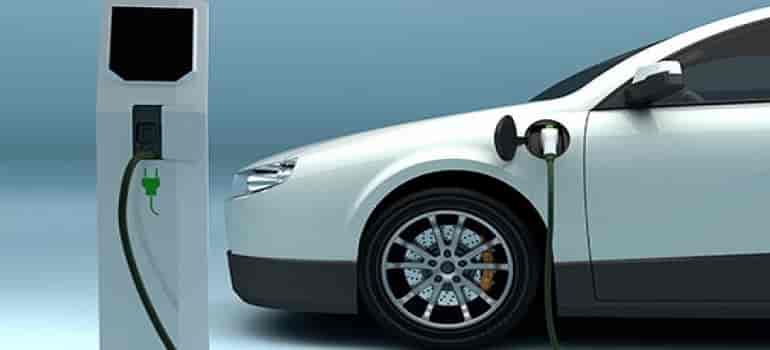
Rocky Mountain Institute in its report release revealed that as soon as 2023, people in India, Indonesia and the Philippines will find sticker prices on electric vehicles that rival their gasoline-powered ancestors, but it may take seven more years for the United States to reach the same threshold.
RMI’s “Breakthrough Batteries” report also revealed that the American fondness for big cars will keep it stuck longer in the fossil era of the internal-combustion engine, because petroleum-powered big cars will remain cheaper for longer.
“Markets like India that use smaller and lighter EVs are expected to become competitive well before markets where larger vehicles dominate,” the report says.
Electric vehicles are already cost-competitive over their lifetime in most markets, but the initial purchase price remains higher—largely because of battery requirements—and that higher purchase price discourages adoption.
Smaller batteries suffice in markets that favor smaller vehicles, RMI says, and by the time the U.S. reaches capital-cost parity, places like India, Indonesia and the Philippines could already have 80 percent penetration of EVs.
Many of those locations favor two-wheel and three-wheel vehicles over four wheels, and even the four-wheel vehicles tend to be smaller.
The report suggests that those promoting EV use in the United States concentrate their efforts on U.S. markets that also favor smaller vehicles, such as cities:
Source: Forbes

